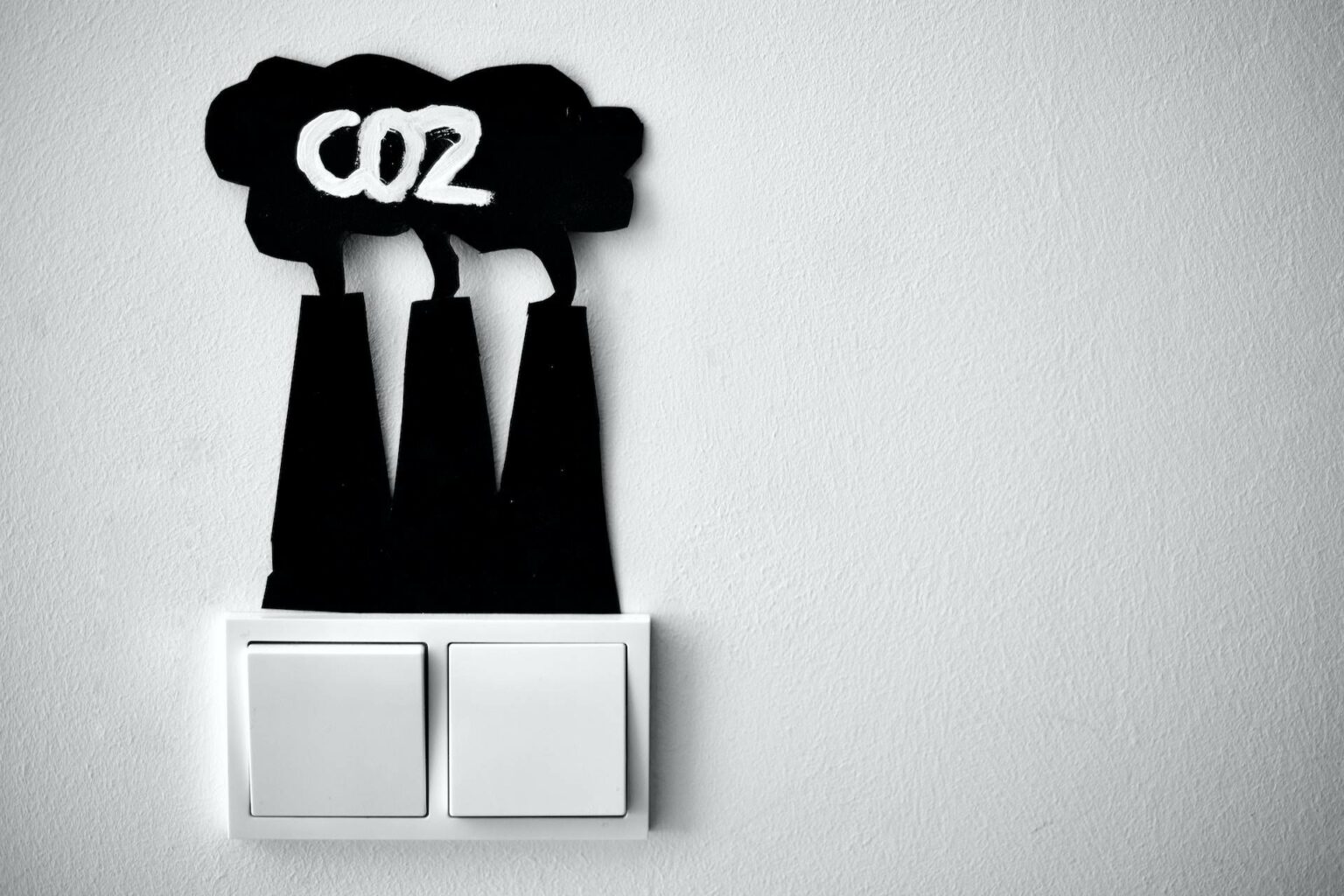
- By Content Coms
- In Thinking
Rishi Sunak’s Cabinet reshuffle: What are the reactions and implications for sustainable energy?
Some view them as political theatre, but there’s also a salient truth; Cabinet reshuffles directly alter which minds run the UK’s key portfolios.
Among them, the ‘Energy brief’ is vital, and the Secretary for Energy Security and Net Zero is now Claire Coutinho, with Grant Shapps moving into Defence.
Are the signals positive for our Net Zero and energy ambitions, amid a fractious time for decarbonisation and UK politics? We’ve looked at the reactions from across sector.
Does Claire Coutinho have a green background?
Politico writes that before becoming a minister, Claire Coutinho was an active member of the backbench Tory green caucus, the Conservative Environment Network, and campaigned for “wild belts” — areas of land left aside for nature in planning decisions.
She also, notes Politico, used her maiden speech in parliament in January 2020 to discuss green policy.
Politico reckons the signals are mixed for UK sustainability. ‘“She’s a lot less political than Shapps which is helpful, she’ll be much more into the detail and maybe more ideological but with less Twitter,” said one energy industry figure, granted anonymity to give a candid assessment.
“She’s one of Sunak’s biggest allies, so that presents an opportunity that she’ll have his ear, [but] it might also be an issue because Net Zero is important to the PM but not a priority — so [she] might be there to tow the PM’s line.”’
What did Claire Coutinho do before?
Claire Coutinho started her career at the investment bank Merrill Lynch, before moving to work in social justice policy. She opposed the expansion of London’s Ultra Low Emission Zone (ULEZ) by the city’s Labour Mayor Sadiq Khan, which aims to cut traffic emissions by imposing a daily charge on the most polluting vehicles.
These signals are less encouraging, because they match with Rishi Sunak’s stance on ULEZ. This has become a political point scoring tool for the Conservatives, seemingly winning out over favouring long term environmental, health and travel priorities.
EDIE feels Coutinho is something of a wild card, noting there is little information available online about her credentials relating to energy or climate.
She transfers to energy from the Department for Education, where she has been working on issues including childcare affordability and educational provisions for children with special educational needs and/or disabilities.
TheyWorkForYou records show she generally takes the Party lines in votes and has rarely rebelled. This means she is regarded as having generally voted against new climate policies proposed by opposition parties, including a Net Zero remit for the Financial Conduct Authority and a Net Zero stress test for agricultural subsidy schemes.
EDIE is slightly off the mark when it argues Coutinho does not mention energy, climate, environment or Net Zero on her website. Actually, it does include the phrase, ‘My local priorities include fixing our roads, supporting the local economy, and protecting our environment.’ Still, that’s hardly a clarion call for green issues.
Further; Green Party MP Caroline Lucas has stated that Ms Coutinho has not been particularly vocal on these issues in Parliament either.
Straight from the horse’s mouth
Ms Coutinho writes on her website that she is deeply disappointed Sadiq Khan has won his court battle to expand the ULEZ to ‘our’ doorstep.
‘The Mayor needs to think again and delay the scheme, rather than imposing taxes on hardworking families,’ she says.
Her 2022 Annual Review says that in September she held a ‘green surgery’, where residents could talk about the environmental issues that matter most to them. ‘I also met with Sarah Jayne Chimbwandira from the Surrey Wildlife Trust to discuss the Government’s plans to protect environmental standards and improve biodiversity.’
‘In the House I also raised the issue of food waste, which is a really important aspect of environmental policy that is often overlooked.’
What happens next?
The BBC says that Claire Coutinho must decide what type of energy we use, where we get it from and if we can rely on supply, including fossil fuels and renewable energy. Big questions for the country and for global sustainability.
With contrasting views within the Conservative Party over how to handle the challenges, the BBC argues this will be a tricky job – but the huge vote of confidence from the Prime Minister in giving her the role is not too much of a surprise.
The BBC thinks keeping all wings of her fractious party on side will test more than just Ms Coutinho’s loyalty.
The Corporation could be right. It is reasonable to argue that the Energy and Net Zero brief is probably the most challenging job in Government right now.
For a start, the existing Net Zero Strategy is under legal challenge. Secondly, the entire debate threatens to further polarise internal votes and opinion, among a party that right now is very worried about its chances at the next general election.
Thirdly, cost of living and energy issues have brought the brief more priority across the wider public, beyond the green echo chamber alone.
And of course, controversial oil and gas licensing issues remain. How can she go for ‘every last drop’ and ‘max out’ the North Sea, as her boss desires, while retaining any credible control over her brief?
It feels like Energy and Net Zero have become, at least within the present administration, a matter of diplomacy and tact between Government Ministers, and perhaps less of an outright race towards what’s right and proper for the UK.
If Claire Coutinho can change this, that in itself might be argued a result.
Content Coms specialises in creative content for the energy and low carbon sectors. Our skills, which stretch back nearly 30 years – reach across every part of this complex sector. Our expertise covers almost every part of the market – upstream and downstream – from generation, to infrastructure, supply, use and compliance – and of course the Net Zero transition. Got a brief to discuss? Let’s talk.

